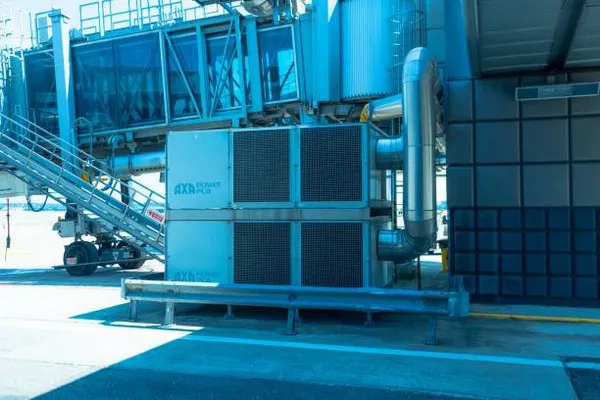In an age where uninterrupted power supply is imperative, whole-home generators have emerged as a reliable solution for homeowners seeking to safeguard their residences against unforeseen power outages. These generators, powered by propane, offer a seamless transition to an alternative power source when the grid fails. However, a crucial consideration for homeowners is understanding the propane consumption of these generators. This article aims to provide a comprehensive analysis of how much propane a whole-home generator typically uses, shedding light on factors that influence consumption and strategies to optimize efficiency.
Propane-Powered Whole-Home Generators: A Brief Overview
Whole-home generators, also known as standby generators, are permanently installed systems that automatically activate when they detect a disruption in the main power supply. These generators are often powered by propane due to its clean-burning properties, easy storage, and wider availability. Propane, a liquefied petroleum gas, is an attractive choice for homeowners seeking a reliable backup power source that is not only efficient but also environmentally friendly.
Factors Influencing Propane Consumption
The propane consumption of a whole-home generator is influenced by several factors, which must be understood to estimate and manage fuel usage effectively:
Generator Size and Output: The size and power output of the generator play a pivotal role in determining propane consumption. Larger generators with higher output capacities will consume more propane than smaller units.
Load Demand: The electrical load demand during a power outage directly impacts propane consumption. Running essential appliances such as refrigerators, lights, air conditioning, and heating systems will consume varying amounts of propane.
Duration of Use: The length of time the generator operates during an outage will significantly affect propane consumption. Longer power outages require more propane to sustain the generator’s operation.
Generator Efficiency: The efficiency of the generator’s combustion process plays a role in determining how much propane is utilized to produce a certain amount of power.
Weather Conditions: Extreme weather conditions, such as very cold or very hot temperatures, can affect the generator’s fuel efficiency. Cold temperatures, for instance, may cause the generator to run slightly richer, consuming more propane.
Maintenance and Tune-Ups: Regular maintenance, including cleaning and tuning the generator, ensures optimal performance and can help maintain efficient fuel consumption.
Standby vs. Prime Rating: Generators may have two different power output ratings: standby and prime. The standby rating is for backup power and generally involves less frequent use, while the prime rating is for continuous operation. Propane consumption can vary based on the rating under which the generator is operating.
Estimating Propane Consumption
Estimating the propane consumption of a whole-home generator involves considering the generator’s rated fuel consumption, which is typically expressed in gallons per hour (GPH) or cubic feet per hour (CFH). Multiplying this value by the number of hours the generator is expected to run provides an estimate of propane usage for a given outage.
For example, if a generator is rated to consume 2.5 gallons of propane per hour and is expected to run for 10 hours during an outage, the estimated propane consumption would be 25 gallons.
Optimizing Propane Consumption
While the need for a reliable power source during outages is non-negotiable, there are strategies homeowners can employ to optimize propane consumption and enhance the efficiency of their whole-home generators:
Right-Sizing the Generator: Choosing a generator that matches the household’s power needs is crucial. An oversized generator will consume more propane than necessary during operation, leading to inefficient fuel usage.
Load Management: During an outage, managing the use of electrical appliances can help control propane consumption. Prioritizing essential devices and avoiding unnecessary energy usage can extend the generator’s runtime on a single propane tank.
Regular Maintenance: Scheduled maintenance and regular tune-ups ensure that the generator is operating at peak efficiency. This includes cleaning or replacing air filters, checking fuel lines, and verifying the combustion process.
Weather Preparedness: Being prepared for extreme weather conditions can help mitigate the impact on propane consumption. Ensuring the generator is adequately protected from the elements and providing additional ventilation in cold weather can optimize performance.
Fuel Quality: Using high-quality propane fuel is essential for efficient combustion and reduced carbon buildup in the generator’s components.
Professional Installation: Having the generator professionally installed ensures that it is properly calibrated and integrated with the household’s electrical system. This can contribute to efficient fuel consumption.
Conclusion
Whole-home generators powered by propane offer homeowners a reliable solution to maintain essential power supply during outages. Understanding the factors influencing propane consumption and employing optimization strategies can help homeowners manage fuel usage efficiently. With the right generator size, load management, and regular maintenance, homeowners can strike a balance between reliable backup power and responsible propane consumption, ensuring their homes remain secure and comfortable even in the face of unexpected power disruptions.

